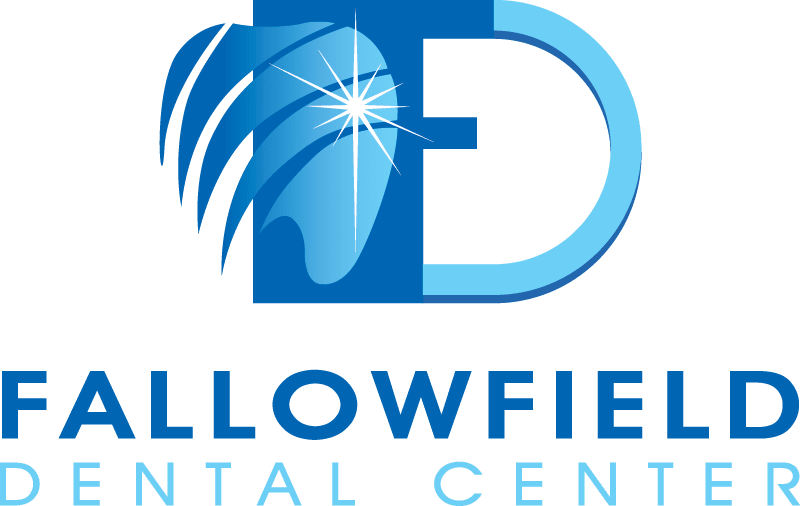With the new federal government program now active, many Canadian residents are asking whether the Canadian Dental Care Plan (CDCP) or private dental insurance is better for their family’s oral health care needs.
Here’s a quick look: The CDCP offers dental coverage to eligible Canadian residents who meet specific eligibility criteria, such as having no current dental insurance policy and a lower adjusted family net income. It’s a government program meant to help those without existing dental benefits.
On the other hand, private dental insurance—often part of employment benefits, wellness accounts, or a family member’s employment benefits—can offer more comprehensive coverage, faster access, and a wider selection of dental offices.
So, which one is better? It depends on your income, existing coverage, and oral health needs. Let’s help you make the best decision for your situation.
What Is the Canadian Dental Care Plan (CDCP)?
The CDCP is a federal government social program launched by Health Canada to help Canadian residents without access to private insurance. It’s designed to offer dental care coverage to people with limited incomes and no existing dental coverage through workplace insurance, a student organization, or professional organization.
You may be eligible for the CDCP if:
- You’re a Canadian resident with a valid Social Insurance Number
- You have an adjusted net family income under $90,000
- You aren’t already covered under a current dental insurance policy or private insurance
If you qualify, you can apply through Service Canada and expect your CDCP coverage to begin on a listed coverage start date. Covered services include basic exams, cleanings, oral surgery, partial dentures, and other oral health care services provided by only oral health providers enrolled in the program.
What Does Private Dental Insurance Offer?
Private dental insurance can come through:
- Your workplace or a family member’s employer benefits
- A benefits company you purchase from directly
- Professional or student organizations
- Health and wellness accounts or wellness accounts
This type of insurance often offers broader and faster access to dental appointments, more flexibility with dental offices, and coverage for certain services like dental implants that are not included in the CDCP. You may also be able to use it in combination with other government social programs, such as disability benefits or pension benefits.
However, depending on the insurance or benefits company and plan type, it usually comes with monthly premiums, copayments, and limits.
CDCP vs Private Dental Insurance Side-by-Side
| Feature | CDCP | Private Dental Insurance |
|---|---|---|
| Administered by | Federal government (Health Canada) | Benefits company, workplace, or organization |
| Income requirement | Yes (adjusted family net income) | No income requirement |
| Eligibility | Based on income and lack of other coverage | Based on employment or private plan |
| Services covered | Basic care, oral surgery, partial dentures | Often includes more services like implants |
| Co payments | Yes, based on adjusted net family income | Varies by plan |
| Available providers | Only oral health providers in CDCP network | Broad access to most dental offices |
| Cost | Free or low cost (based on income) | Monthly premium plus co-pays |
| Flexibility | Limited | High |
Who Should Choose the CDCP?
The dental care plan by the CDCP is best for:
- Low to moderate income families
- Those without existing dental benefits
- Seniors or people receiving pension benefits
- Those eligible for the disability tax credit
If you’re not covered by private or workplace insurance, or if your family member’s pension benefits or previous employer don’t include dental benefits, the CDCP may be your best path to receiving oral health care.
Who Might Prefer Private Dental Insurance?
You might want to stick with private dental insurance if:
- You already have comprehensive coverage
- Your plan covers dental implants and more specialized dental services
- You prefer flexible access to any dentist
- Your family member has a plan through work
Those with existing coverage should check if their current plan includes dental coverage, as being covered by the CDCP could depend on not having other coverage options.
FAQs on CDCP vs Private Dental Insurance
Does the CDCP cover cleanings?
Yes, dental cleanings are part of the services covered by the CDCP, depending on your needs and eligibility.
What is the best dental insurance in Canada?
The best option depends on your needs. Private dental insurance offers broader services and more dental options, while the CDCP helps those with limited income and no other dental coverage.
Does CDCP cover dental implants?
No, the CDCP does not cover dental implants. It focuses on basic care, oral health, and routine dental services.
Does the Canadian dental plan cover tooth extractions?
Yes, tooth extractions are part of oral surgery services covered under the CDCP if your plan approves them.
Need Help Deciding? Visit Fallowfield Dental
Whether you’re thinking about applying for the CDCP or comparing it to your private dental insurance, the team at Fallowfield Dental is here to help. We’re proud to be one of the oral health providers offering care through the Canadian Dental Care Plan, and we also work with many insurance or benefits companies.
Contact us today to book a consultation or ask us how to apply for the CDCP. Let’s make sure your smile stays healthy, no matter which coverage you choose.

